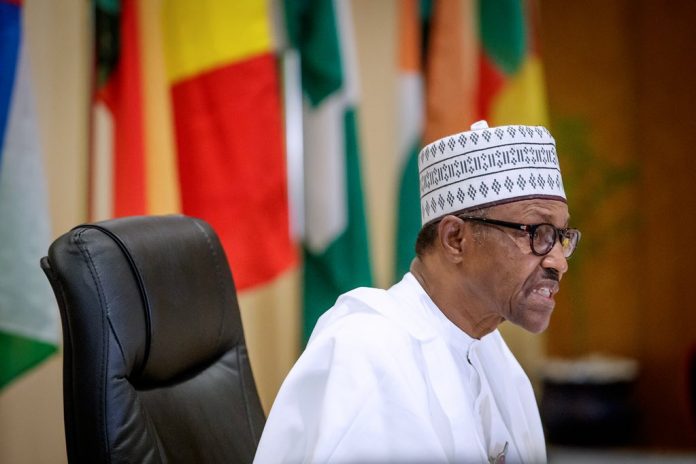President Muhammadu Buhari Wednesday in Abuja called for more concerted effort, creative and innovative ideas from the Nigerian Society of Engineers (NSE) in reversing the infrastructure deficit in the country, saying “Nigerian problems require uniquely Nigerian solutions’’.
President Buhari, who received a delegation of the NSE led by the President, Council of the Nigerian Society of Engineers, Adekunle Mokuolu, said reversing the deficit will require indigenous capacity, noting that the government has deliberately structured policies to favour more local content and capacity development.
“The foundations of any
“They achieved these by embracing engineering and of course, engineers. Over the years, Nigerian engineers have been recognized globally for carrying out amazing and impactful projects. Unfortunately, this is not the case here at home as for decades, the enabling environment was simply not provided for these innovative and creative professionals to flourish and showcase our country as an engineering hub,’’ he said.
The President urged the professionals to look inward in showcasing their knowledge and skill in a way that will directly impact the nation.
“In the past four years, we focused on reversing this trend by introducing policies that
“We introduced Executive
President Buhari asked the engineers to continue to support Government at all levels to build a more prosperous society.
In his remarks, Mokuolu commended the President for expressing his belief in local capacity in 2009 at an NSE conference and following up with Executive Orders, appointments and recognition of the regulatory council to further encourage engineers in partnering with the government to develop the country.
The NSE President said the engineering society had been playing a strategic role in the Economic Recovery and Growth Plan and had established a North East Rehabilitation Committee, while presenting a list of requests to the President, which includes involving members in conceptual stages of projects
Mokuolu said the council had started domestication of global codes and standards, noting that it now has 75 branches spread across the country, with two in foreign cities, Houston and London.







